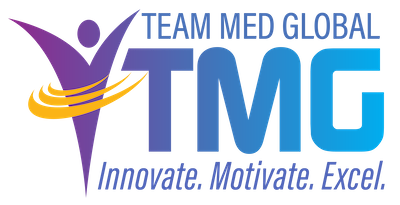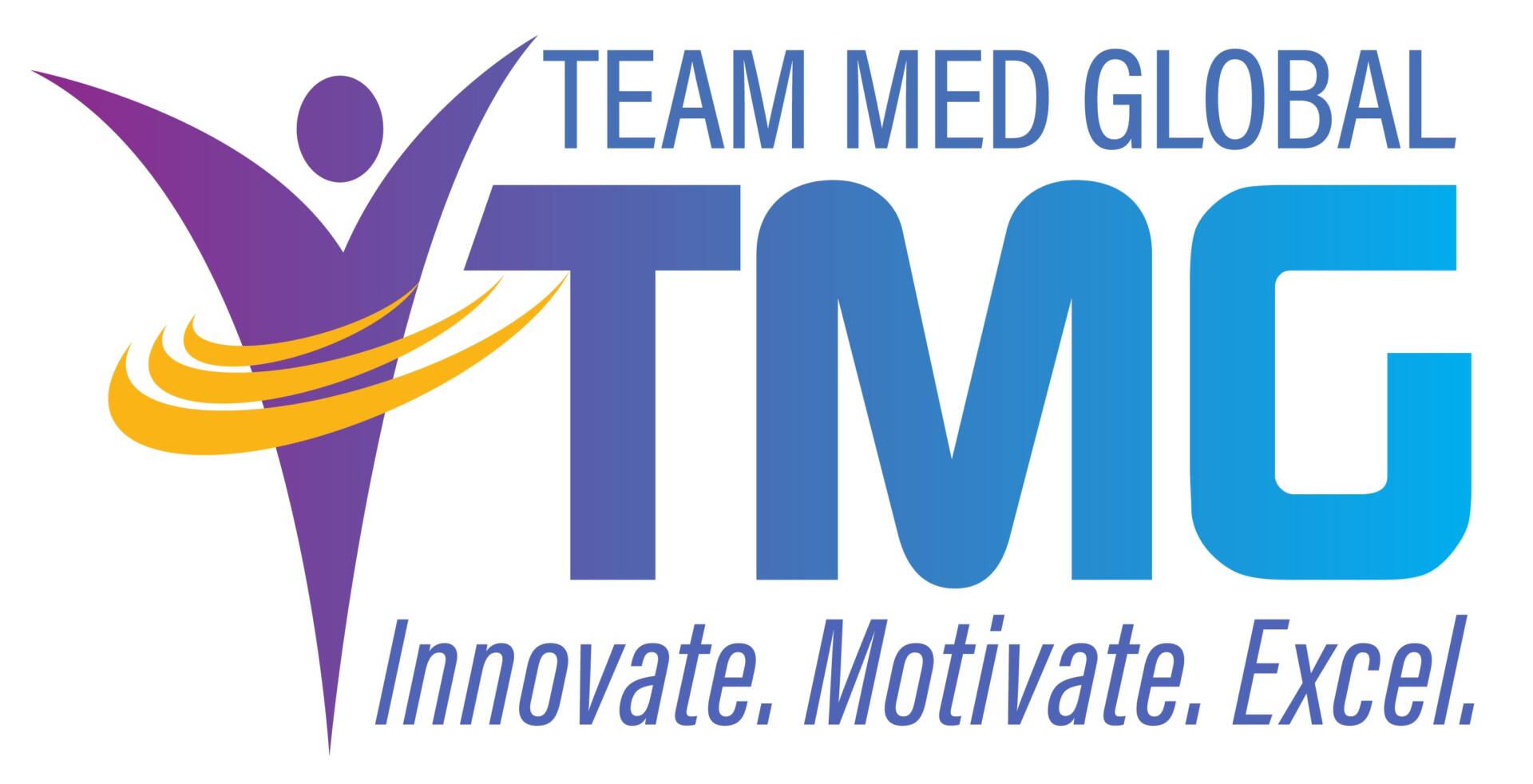 The role of Medical Services Professionals (MSPs) is complex and evolving, needing meticulous attention to detail, compliance with ever-changing healthcare regulations, and the ability to manage large volumes of sensitive data efficiently. Here are strategies and insights for a productive 2024.
The role of Medical Services Professionals (MSPs) is complex and evolving, needing meticulous attention to detail, compliance with ever-changing healthcare regulations, and the ability to manage large volumes of sensitive data efficiently. Here are strategies and insights for a productive 2024.
- Advanced Credentialing Strategies: If credentialing is a cornerstone of your role, focus on mastering advanced credentialing systems. This year, consider deepening your understanding of integrated credentialing software that links directly with primary source verification databases. This integration not only streamlines the credentialing process but also ensures real-time accuracy.
- Navigating Regulatory Complexity: With healthcare regulations constantly evolving, MSPs must stay ahead of changes. Dedicate time each week to study the latest updates from CMS, relevant accreditation bodies, and other regulatory agencies. Consider joining webinars or courses focusing on healthcare compliance and legal changes.
- Data Management and Analytics: Develop your skills in data management and analytics. As MSPs handle vast amounts of data, learning to use advanced data analytics tools can help in generating insightful reports, tracking trends, and making data-driven decisions that can influence organizational policy and staff management.
- Enhanced Interdepartmental Collaboration: Strive to build stronger bridges between your department and others, such as Human Resources, Legal/Risk, Revenue Integrity, Recruitment, Quality, and Medical Staff. Understanding their challenges and workflows can help you tailor your services to better meet the needs of the overall organization.
- Leadership in MSP Community: Aim to take on leadership roles within professional communities. This could involve leading committees, contributing to policy discussions, or mentoring new MSPs. Leadership roles expand your influence and contribute to the advancement of the profession.
- Efficiency in Provider Enrollment: For MSPs involved in provider enrollment, focus on understanding the intricacies of different payer requirements and streamline the enrollment process. This may involve creating checklists, dashboards, or flowcharts that ensure no step is missed.
- Specialized Training in Risk Management: Understanding risk management in healthcare settings is crucial. Engage in training that focuses on identifying, analyzing, and mitigating risks associated with credentialing and medical staff management.
- Balance Automation with a Personal Touch: While automation is essential, the human element cannot be overlooked. This year, balance the use of technology with a personal touch, especially when dealing with sensitive situations like credentialing disputes or medical staff concerns.
- Develop Policy Expertise: Become a go-to expert in your organization for policy interpretation and implementation. This requires not just understanding existing policies but also anticipating how changes in healthcare trends might necessitate policy updates.
- Personal Development and Resilience: Lastly, prioritize your personal development. The role of an MSP can be stressful, often dealing with high-stakes information under tight deadlines. Practice resilience-building techniques, engage in professional coaching, and ensure you have a support system in place.
By focusing on these specific areas, MSPs can significantly enhance their productivity and effectiveness, thereby making a substantial impact on the organization they serve. Here’s to a year of growth, learning, and meaningful contributions in your crucial role!

